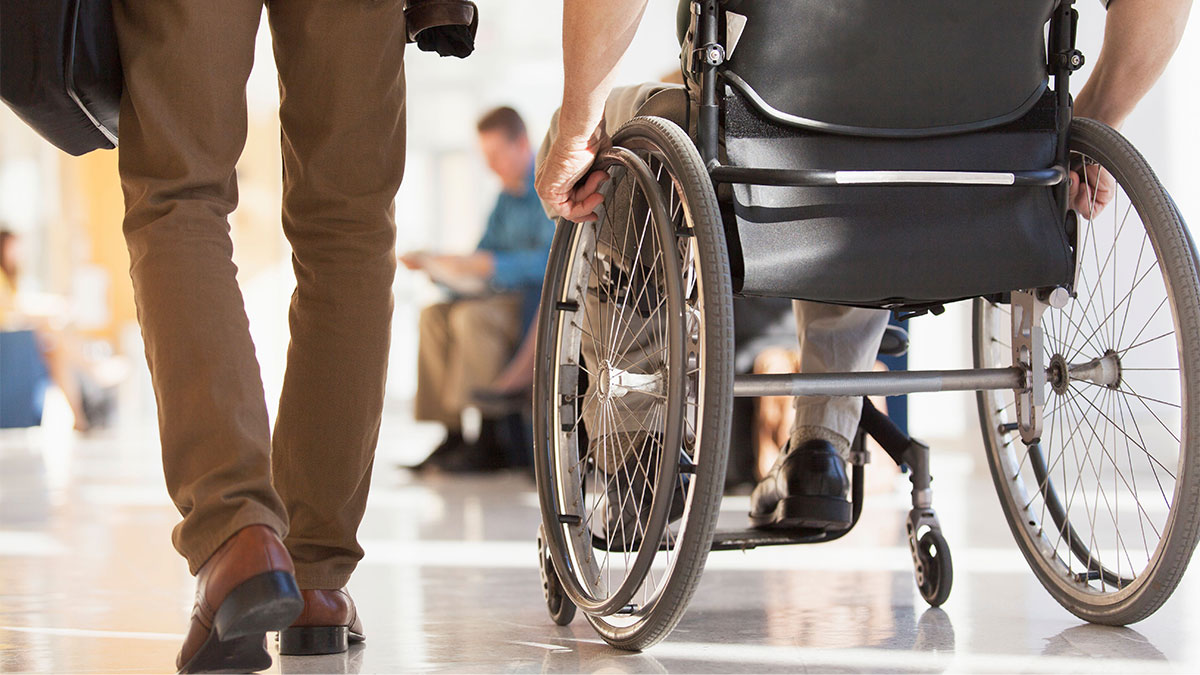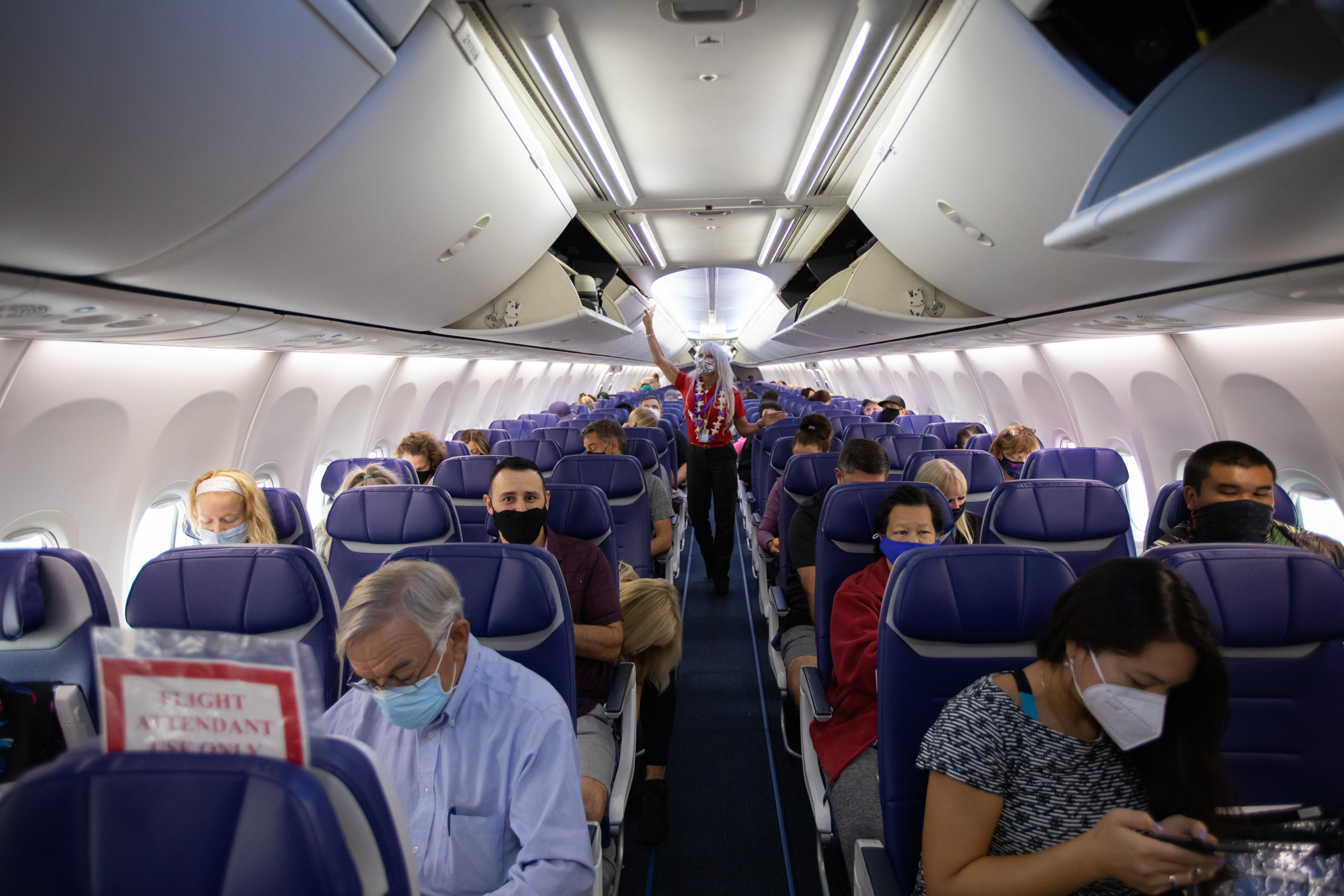Dystopian Future of Tourism: Carbon Passports and Climate Disruption
A recent report by Intrepid Travel has suggested that climate change could impact global travel in the near future, due to increasing extreme weather patterns as well as potential 'carbon passports'
by Lauren Smith
October 10, 2023

Photo: Courtesy of Raimond Klavins / Unsplash
As the climate emergency worsens, travel could be restricted by carbon passports, and popular destinations could be ravaged by extreme weather, an innovative travel company warns, as it predicts a “dystopian future” for tourism.
Working with trend forecaster The Future Laboratory, Intrepid Travel has imagined what travel might look like in 2040 if the industry doesn’t evolve and decarbonize and projected temperature rises aren’t averted.
One bleak prediction is that individuals could be allotted personal carbon allowances in line with the global carbon budget, set at 750 billion tonnes until 2050. These carbon allowances would take the form of carbon passports, capping the amount of trips individuals can make each year.
With carbon passports, travelers could be “forced to forgo the horizon-expanding experiences so readily embraced by today’s tourists,” Intrepid Travel said.
The extreme weather caused by climate change could also leave some of today’s top vacation destinations much less appealing, even uninhabitable. Superheated temperatures could push summer travelers away from Greece and Mallorca toward cooler locales such as Belgium, Slovenia, and Poland.
This prediction has already played out: this summer, travelers fled wildfires on the Greek island of Rhodes.
Meanwhile, chilly attractions such as Lapland might struggle to maintain their snow cover, spelling the end of “Santa trips,” the report warns.
While the worst-case scenario could restrict travelers to virtual vacations, the report also predicts how travel might evolve from today’s extractive model of tourism to regenerative travel.
That might take the form of “people-positive travel,” where providers consider the environmental and social impact of visits and strive to help tourists “forge deeper human connections” with locals.
Intrepid says it’s focused on “social change through connection,” recruiting female trip leaders and introducing “Indigenous culture experiences,” linking guests with indigenous communities where they can make a positive impact. These connections can prevent “tourism leakage,” when money spent by tourists doesn’t remain in the destination’s local economy.
Another innovative type of travel is the “ephemeral escape,” or pop-up, sustainable hotels. As an example, Intrepid points to CABN, a group of off-the-grid, minimalist cabins in Australia, a project it invested in last year. Constructed with a “leave no trace” philosophy, each cabin has been built from largely locally sourced material and with minimal infrastructure.
Similarly, hotelier Thierry Teyssier’s 700,000 Heures (700,000 Hours, or the average person’s lifespan) is the world’s first nomadic hotel, transforming small-scale buildings into temporary hotels with the help of local craftspeople.
Martin Raymond, co-founder of the Future Laboratory, said: “Transient and transformative travel experiences will revolutionize the notion of leaving no trace.
“We will see hotels will be at the forefront of this extraordinary change. In the next decade we will see more now-you-see-it-now-you-don’t travel experiences popping-up across the world.”
Other forecasted trends include “enhanced eco-mobility.” Trip planning tools will harness AI to note the carbon footprint of each option and help travelers choose the most sustainable.
Intrepid says it has already introduced carbon labeling on more than 500 travel itineraries. Compared to nutrition labels, carbon labels tell travelers the exact amount of emissions their trip will cause.
While sustainable aviation fuel (SAF) is being developed, Intrepid says trains will be key to regenerative travel. These trains won’t be like today’s familiar carriages and snack trolleys. Instead, passengers will board spaceship-style sleeper pods and travel in comfort on high-speed rail as fast as air travel.
While some of us are still booking plane tickets and package holidays at resorts, a group of “travel transformers” will pioneer these new, generative types of tourism and influence the rest of us to follow, Intrepid predicts.
Darrell Wade, co-founder and chairman of Intrepid Travel says: “The direct, catastrophic impact of climate change has for too long been viewed as something distant in the future. But this is no longer an impending event; it’s happening now.
“Tourism must evolve and become regenerative, as the current model is unsustainable. We must recognise that the future needs to be different from business as usual, and that the climate crisis is not a competitive advantage.”



